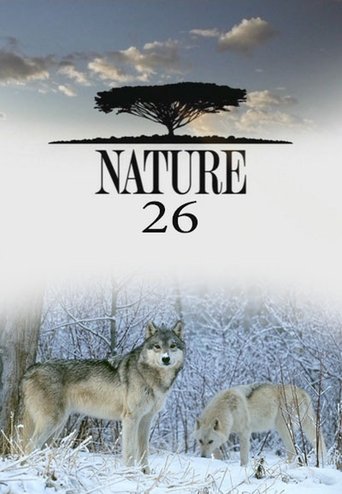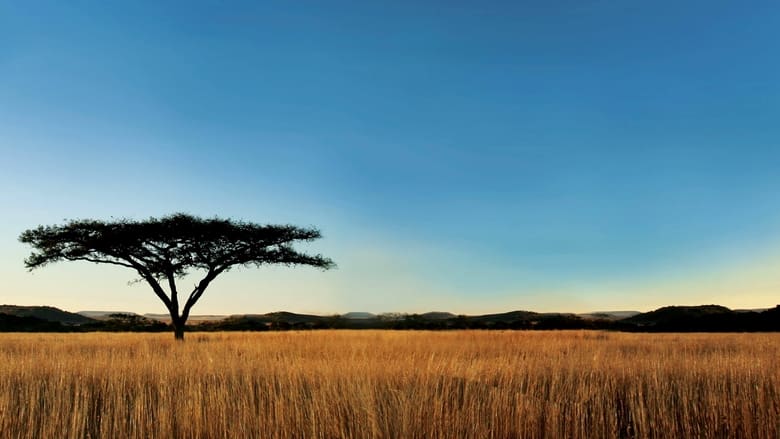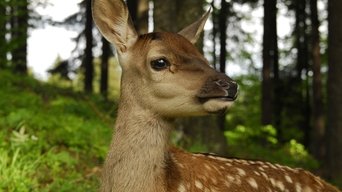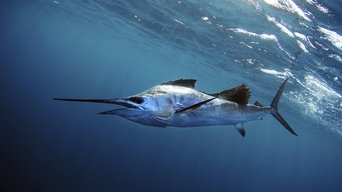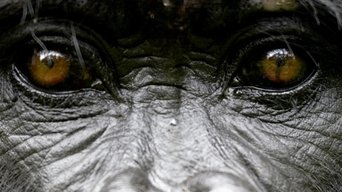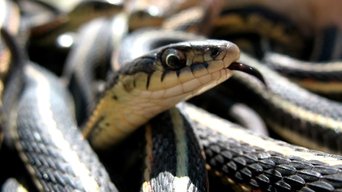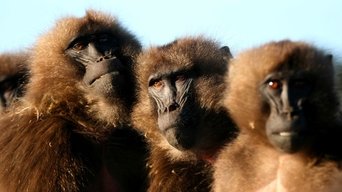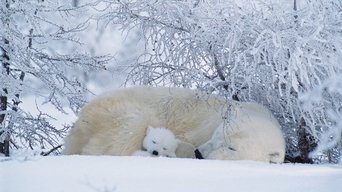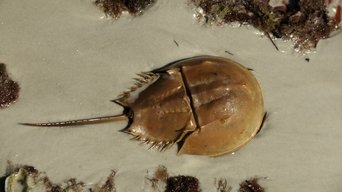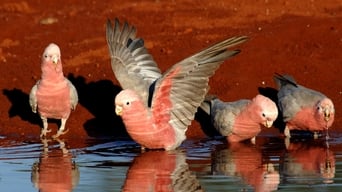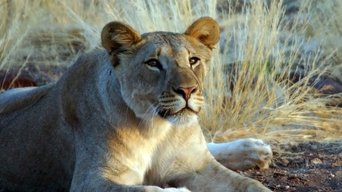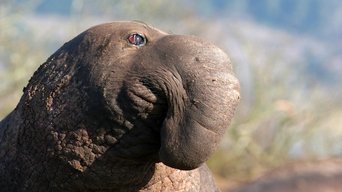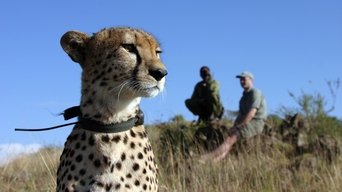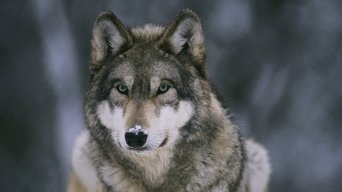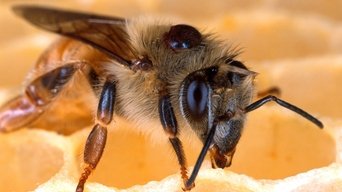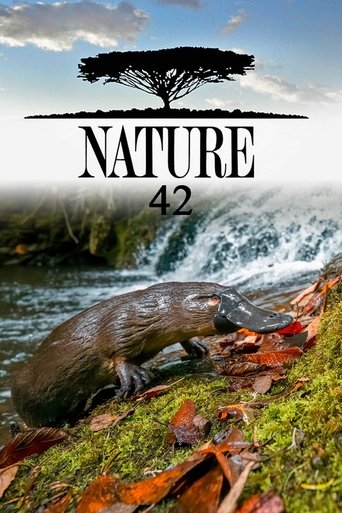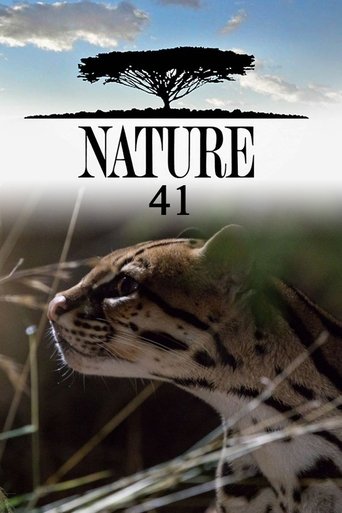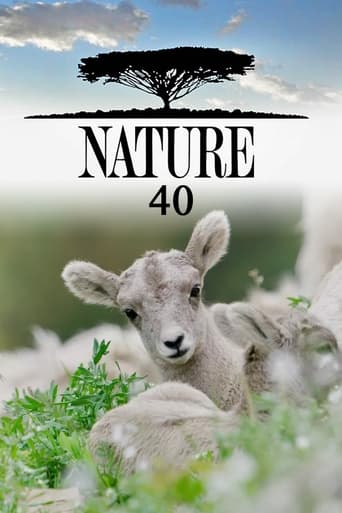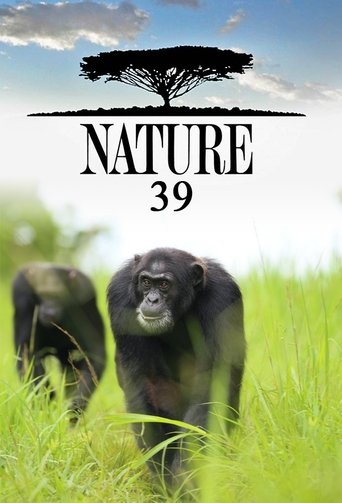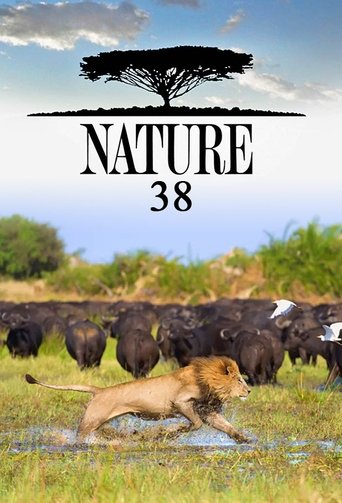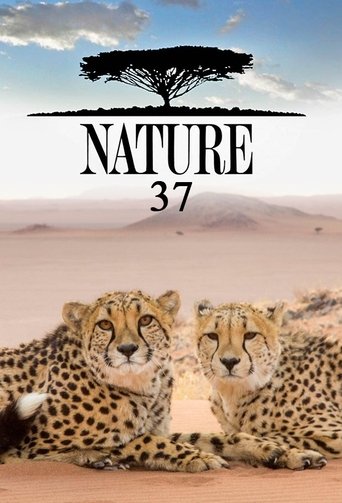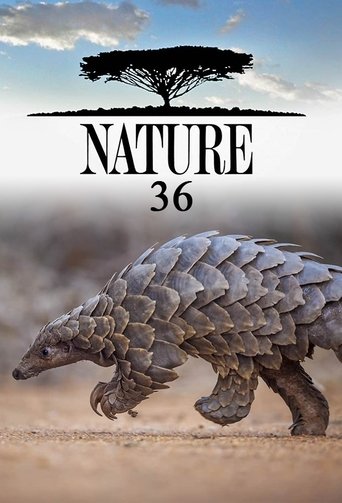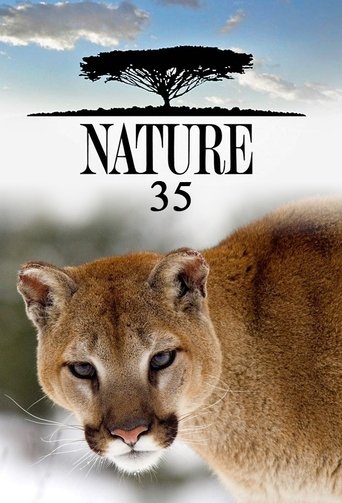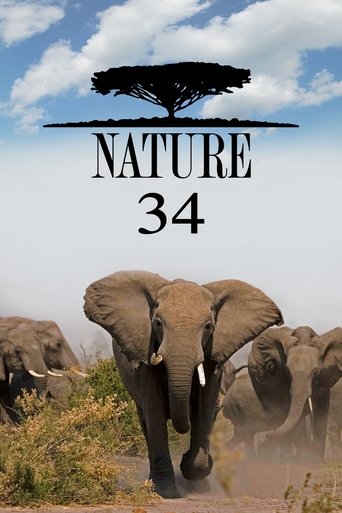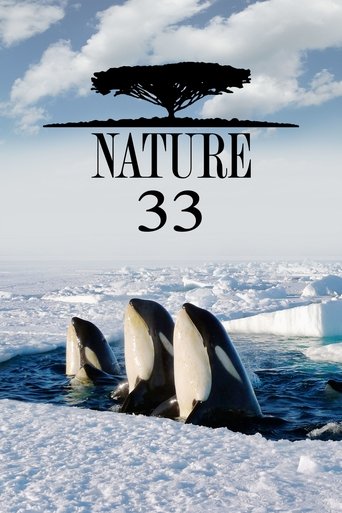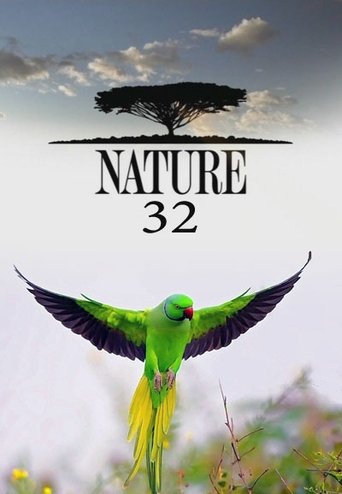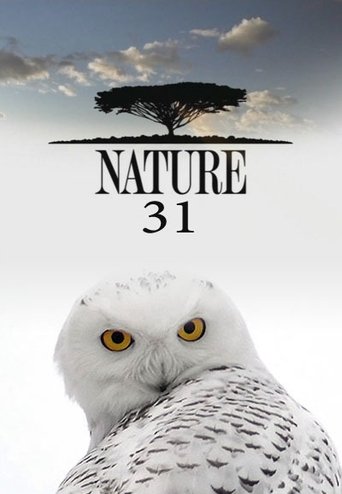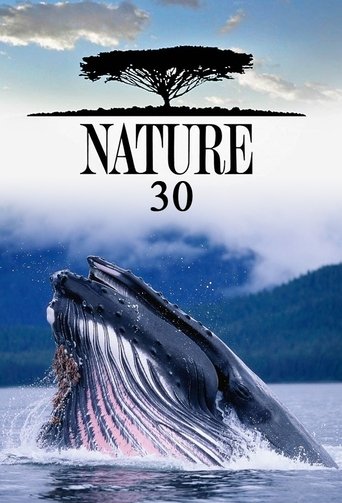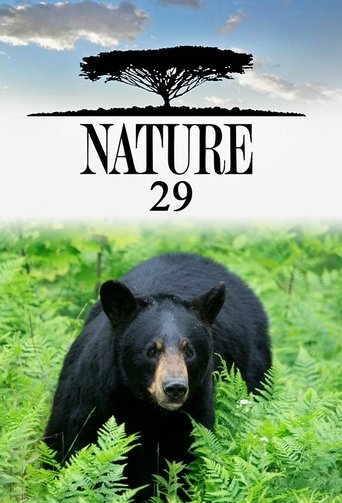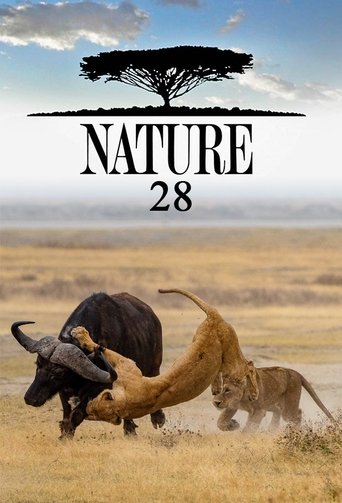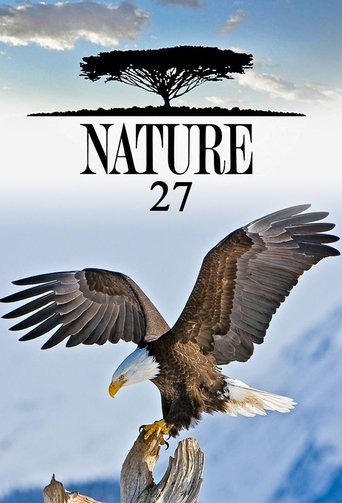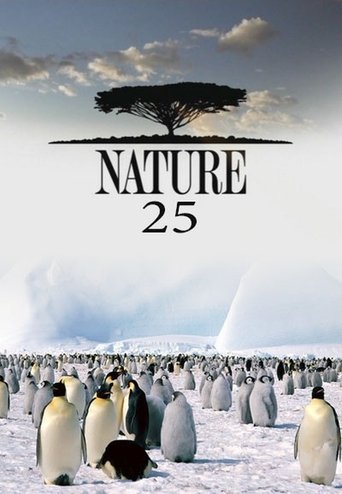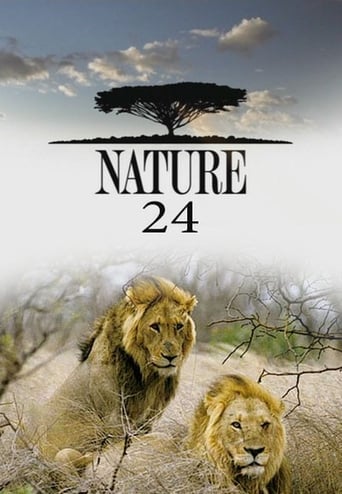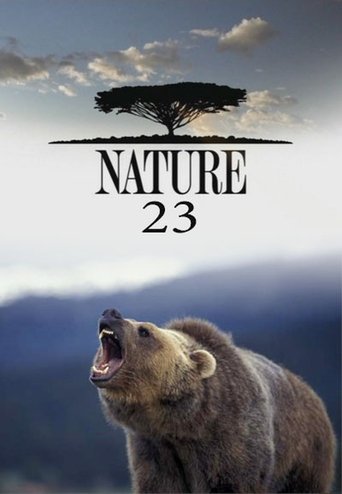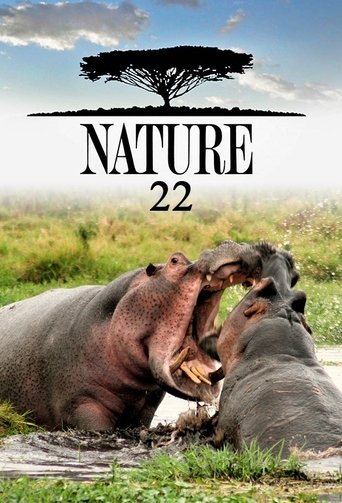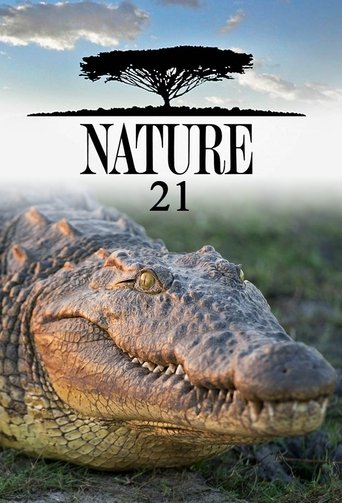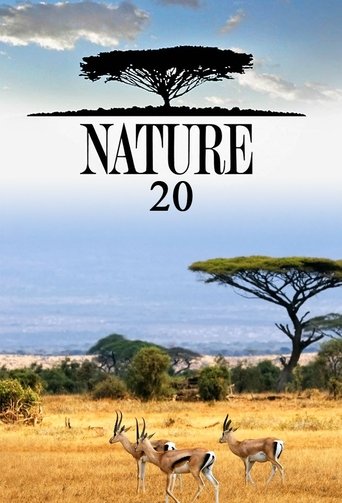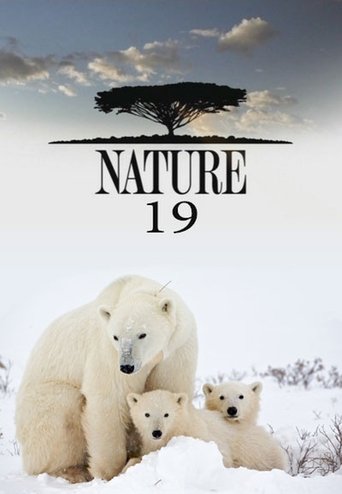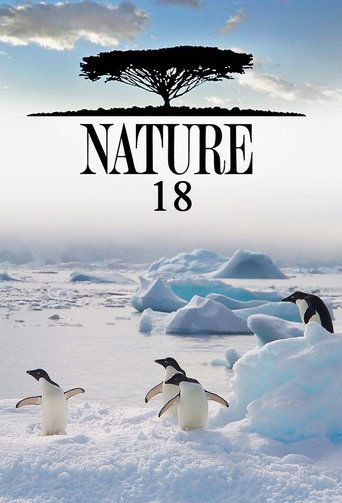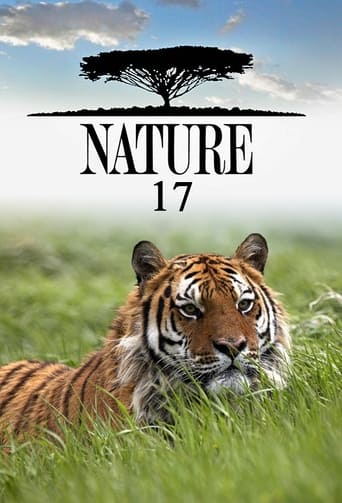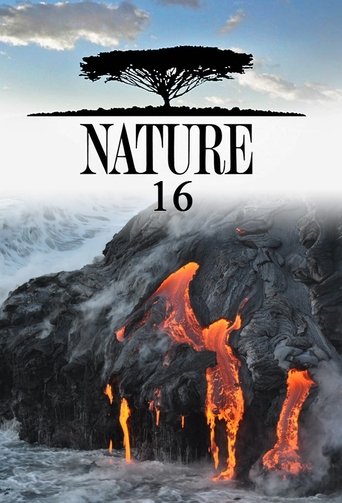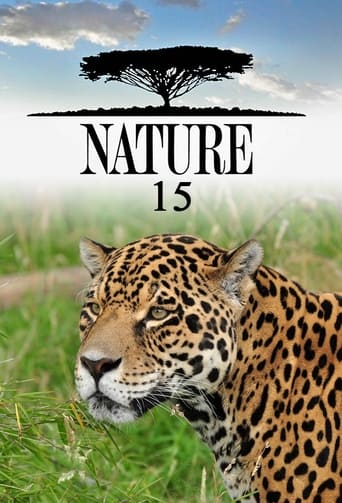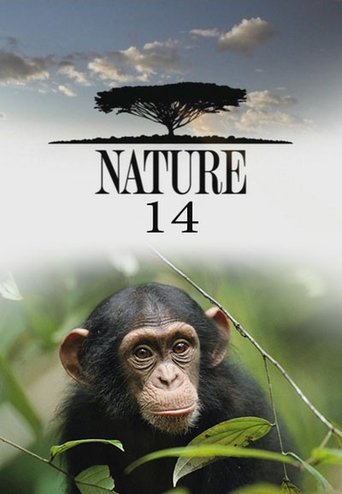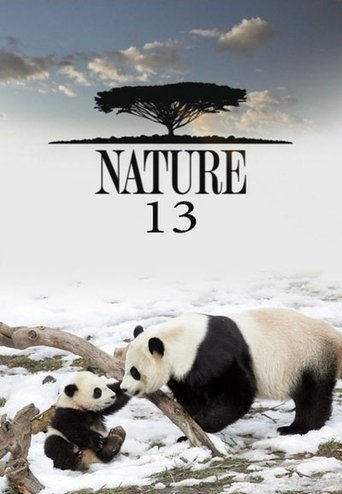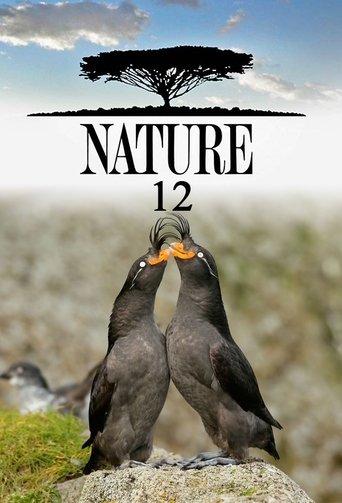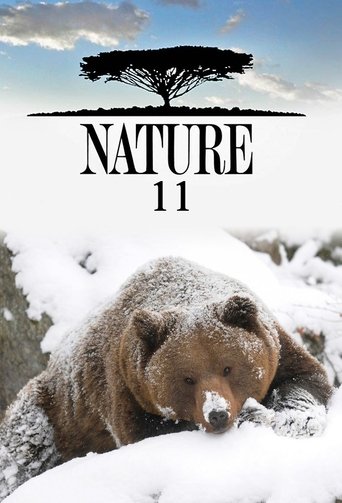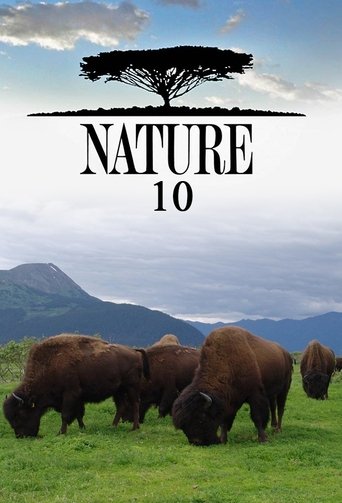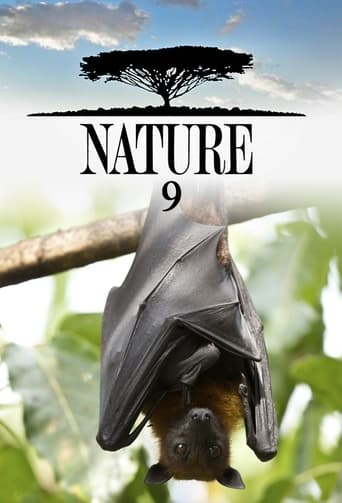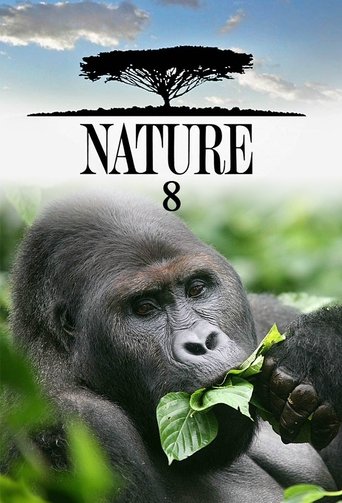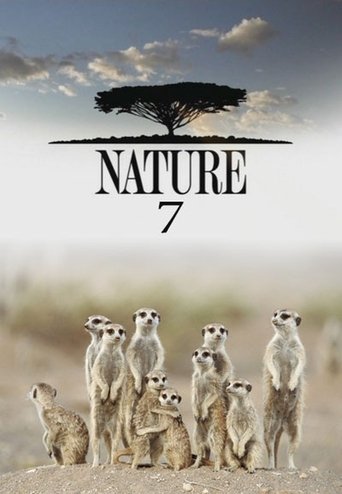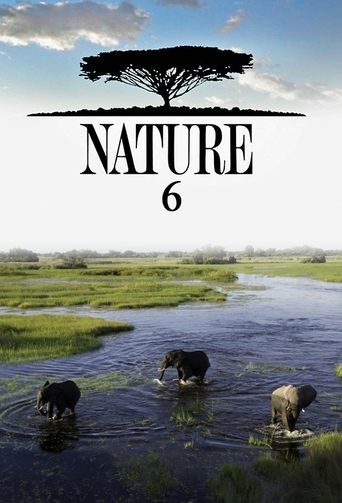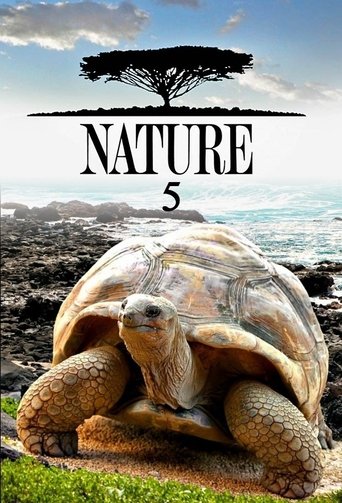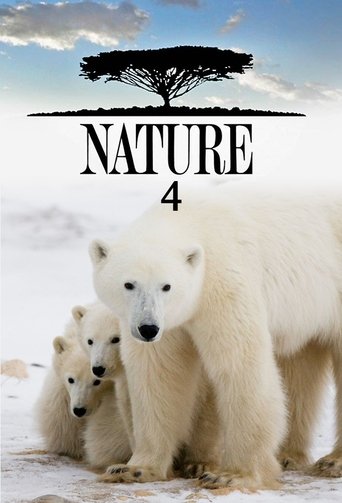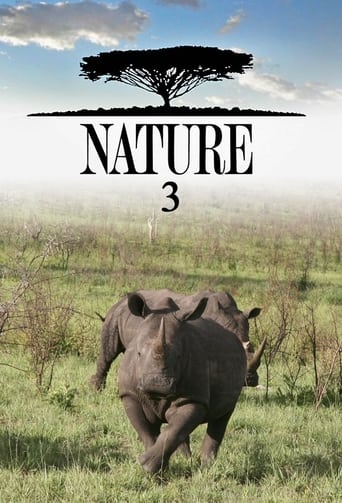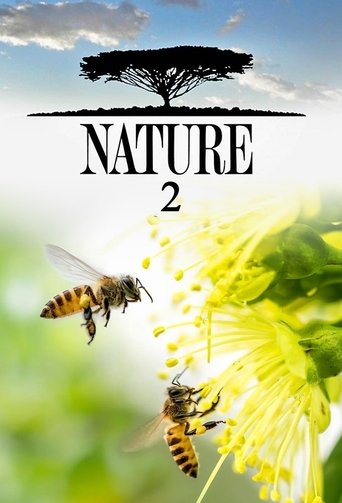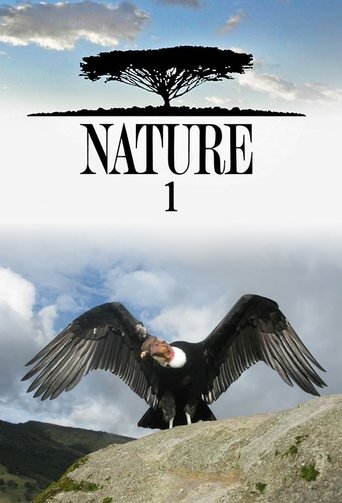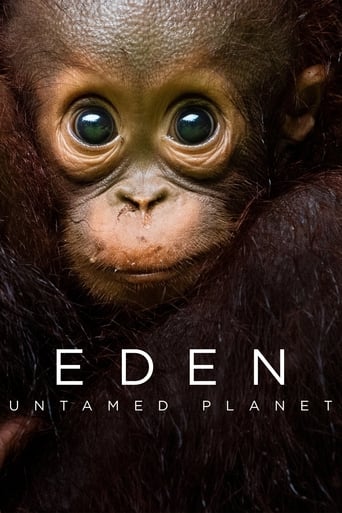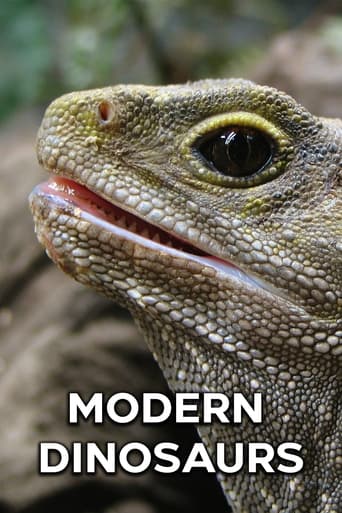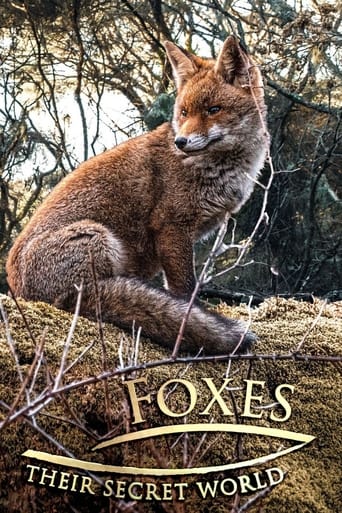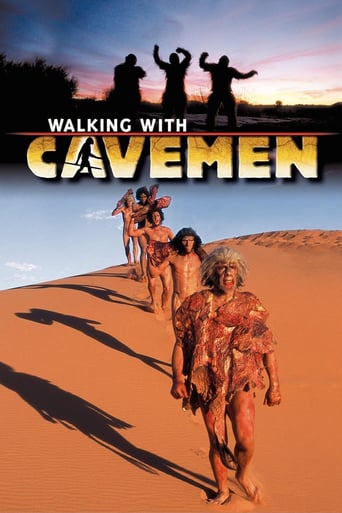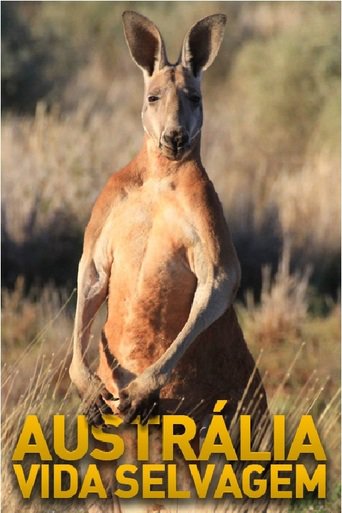Nature Season 26
Consistently stunning documentaries transport viewers to far-flung locations ranging from the torrid African plains to the chilly splendours of icy Antarctica. The show's primary focus is on animals and ecosystems around the world. A comic book based on the show, meant to be used an as educational tool for kids, was briefly distributed to museums and schools at no cost in the mid-2000s.
Watch Trailer
Nature Season 26 Full Episode Guide
From the moment he is born, a red deer calf faces a life-long struggle to survive in his new home — the mountain wilderness of the Austrian Alps. NATURE reveals a breathtaking view into the world of a red deer calf as he struggles to survive in Prince of the Alps.
Marine biologist-filmmaker Rick Rosenthal documents billfish (marlins, sailfish and swordfish), whose numbers have dwindled over the past 50 years from overfishing. Included: off Mexico's Contoy Island, he finds thousands of sailfish feasting on sardines; and along Australia's Great Barrier Reef, he swims with a "grander" (a marlin over 1000 pounds).
A fascinating profile of a 33-year-old silverback named Titus, the leader of a gorilla clan in the mountainous region between Rwanda and Congo who faces a challenge for supremacy from his second-in-command, Kuryama. Archival footage and the observations of researchers fill in his backstory, including how, as a young adult, he engaged in secret liaisons with females behind the back of pack leader Beetsme, then led a rare bloodless coup against Beetsme.
Apparently, there is nothing a male will not do for the right to mate with a female — dance, sing, fight, change body colors, illuminate, even agree to be eaten alive. There is often a surplus of males, and they are instinctively driven to compete in order to pass their genes to the next generation. But it takes two to tango. Now, scientists are learning to what extremes males will go in order to find that dance partner.
In the animal world females often call the shots. But their decisions may be surprising. In an effort to understand the mating game, NATURE follows biologist Chadden Hunter, PhD, through the Simien Mountains of northern Ethiopia, as he observes a troop of geladas, close cousins of baboons. He found that in gelada society females make all the decisions about mating, even though males are twice their size. The males are evaluated on everything from body heat to baby sitting skills. And once selected, no male gelada can ever rest on his laurels. Another male is always auditioning for his job. You’ll also see female barn swallows that choose a male by the color of his chest and encounter a robotic sage grouse that is helping researchers learn about this species’ elaborate courtship displays.
An examination of what the future may hold for polar bears, which evolved from grizzlies during the last ice age, due to the dramatic changes in their Arctic habitat. The documentary also details how grizzlies are expanding their territory northward, encroaching upon the polar bears' domain. Included: a polar bear giving birth; grizzly and polar-bear mothers teaching their cubs to hunt.
The link between the horseshoe crab, which has remained the same for some 350 million years, and the red-knot shorebird, is explored. The horseshoe crab's spawning grounds, the Delaware Bay, are an important feeding ground for the red knots on their way from Tierra del Fuego to the Arctic. Included: how biologists connected a drop in the red-knot population to a similar decrease in the crabs. Also: how horseshoe-crab blood is used to test human medicines.
An exploration of Australia's diverse parrot population, including the fig parrot, the golden-shouldered parrot and the palm cockatoo. The overview examines their mating rituals and fight for survival, and details the damage the birds can do to farmers' crops.
Dr. Philip Stander, a Namibian carnivore expert, investigates the resurgent lion population in the Namib Desert. Included: the uniqueness of the big cats; and their biggest challenge---residents who see them as threats to livestock.
Nature's ugliest creatures are spotlighted, including the dung beetle, elephant-seal bull, ghost-faced bat, Indian stork, naked mole rat, needle-toothed viperfish, proboscis monkey, star-nosed mole, tapeworm, vulture and warthog. Included: how their looks and attributes contribute to their survival.
Documentarian Simon King raises two orphaned cheetah cubs in Kenya's Lewa Wildlife Conservancy. He's seen bottle-feeding them and---to prepare them for the wild--- teaching the pair to hunt. King narrates.
Discover the epic history of the Druids, one of more than a dozen gray wolf packs now occupying the 2.2 million acres of Yellowstone National Park.
The Season 26 opener probes colony collapse disorder---the dramatic loss of honeybees in North America and Europe. The honeybee is responsible (via pollination) for one of every three bites of food people eat. Included: long-term ramifications; possible causes.
